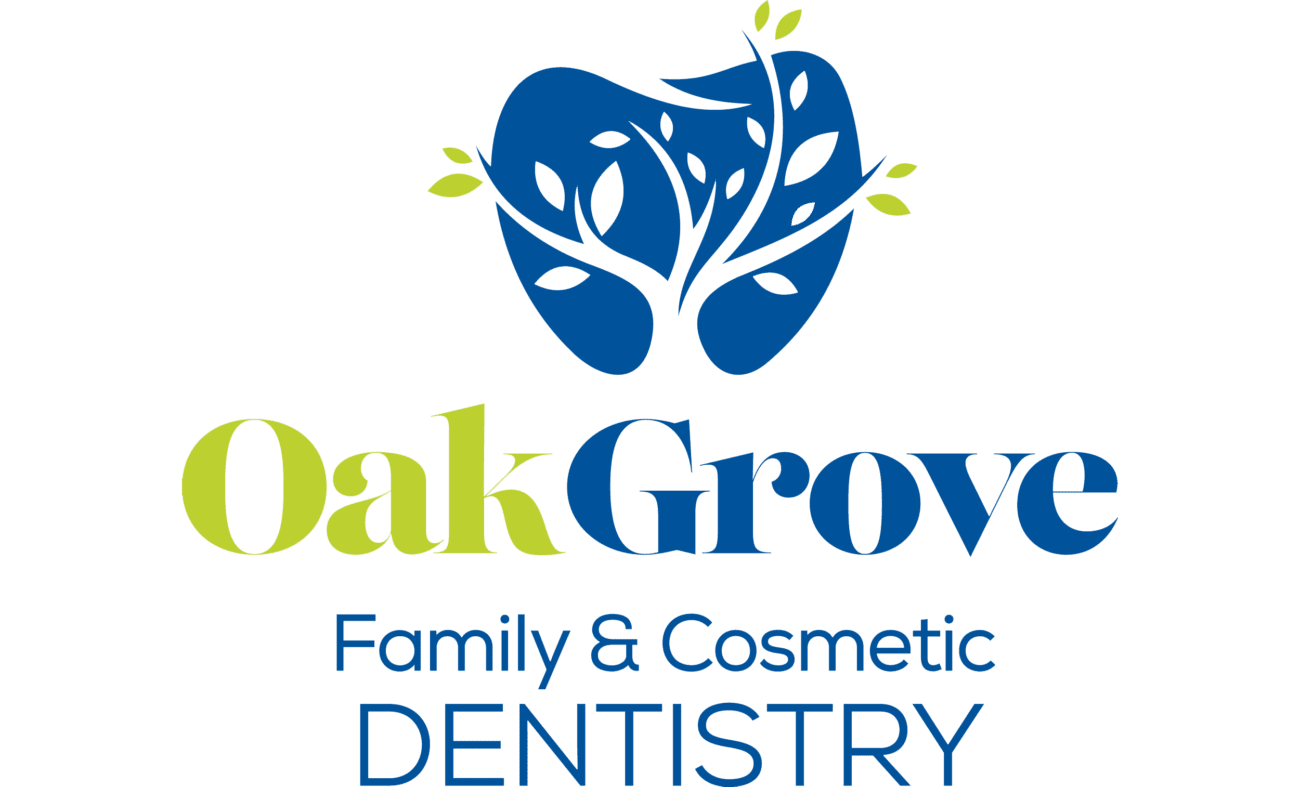Oak Grove Family & Cosmetic Dentistry provides an extensive menu of restorative dentistry services, including periodontal disease treatment. Periodontal disease, also known as gum disease, is an extremely common dental concern that we treat in our dentist’s office.
Dr. Chavala Harris is your local restorative dentist in Durham, NC. She can help you restore your teeth and gums from the harmful effects of gum disease. Learn more about our periodontal disease treatment plans below.

Periodontal Disease Treatment in Durham, NC
If you notice a small amount of blood in the sink after brushing or flossing your teeth, you may suffer from the early-stage symptoms of gum disease. Gingivitis occurs when plaque and tartar buildup irritate your gums.
Scheduling routine dental cleanings and maintaining a strict oral hygiene regimen at home can reduce one’s risk of developing gingivitis.
Additional symptoms of gum disease include:
- Discolored / Bright red gums
- Tender gums
- Gum line recession
- Increased tooth sensitivity
- Pus between your teeth and gums
- Loose teeth
- Bad breath
Often, if you are experiencing early-stage gum disease symptoms, a thorough dental cleaning should reverse these effects. During dental cleanings, any plaque or tartar is removed from your teeth and gums, giving your smile a fresh start.
However, some patients who visit us may have already progressed past the early stages of gum disease. We provide periodontal disease treatment plans to manage their gum disease. Most periodontal treatment plans include a deep-cleaning procedure known as scaling and root planing.
This procedure allows us to remove bacteria from the deep pockets of your gums and infected soft tissue. Once complete, your smile will be free from gum disease.
Periodontal Disease Treatment FAQs
Gum disease is a condition that can be managed with diligent treatment. Read the answers to these commonly asked questions to learn more.
Can gum disease be cured completely?
Gum disease can be reversed with professional cleanings and proper oral hygiene in its early stage (gingivitis). However, once it progresses to periodontitis, it cannot be completely cured—only managed. Consistent treatment and maintenance can halt the progression and preserve your oral health. Regular check-ups and cleanings are essential for long-term control.
Is gum disease treatment painful?
Most gum disease treatments are performed with local anesthesia to minimize discomfort. You may feel some pressure or mild soreness during and after procedures like scaling and root planing. Over-the-counter pain relievers and a soft diet can help manage post-treatment discomfort. Dr. Harris will guide you on what to expect and how to care for your gums during recovery.
What happens if gum disease is left untreated?
Untreated gum disease can lead to serious oral health issues, including gum recession, bone loss, and tooth loss. The infection can also contribute to systemic health problems, such as heart disease, diabetes complications, and respiratory issues. Early detection and treatment can prevent these outcomes. Ignoring symptoms like bleeding gums or bad breath can worsen your condition over time.
Can gum disease affect overall health?
Yes, gum disease has been linked to several systemic health conditions. Chronic inflammation in the mouth can increase the risk of heart disease, stroke, diabetes complications, and even pregnancy issues like preterm birth. Managing gum disease can contribute to better overall health. Treating it promptly is more than just an oral health concern—it’s a whole-body priority.
How often should I visit the dentist during gum disease treatment?
You may need to visit your dentist every 3–4 months during active treatment. These visits allow your dental team to monitor healing, clean hard-to-reach areas, and adjust your treatment plan. Once the disease is under control, regular six-month check-ups may resume, though some people require more frequent visits for maintenance. Consistency is key to preventing flare-ups.
How can I prevent gum disease from returning after treatment?
Preventing recurrence involves a consistent and thorough oral hygiene routine: brush twice daily, floss once daily, and use mouthwash if recommended. Avoid tobacco products and maintain a healthy diet. Attend all scheduled dental visits, including maintenance cleanings and check-ups. Early intervention and daily care are your best defenses against relapse.
Left untreated, gum disease could lead to tooth loss. If you suspect you are dealing with late-stage gum disease symptoms, we recommend contacting our office directly. Serving Durham, NC, and surrounding areas, we provide comprehensive dental services for patients of all ages. Please schedule an appointment online, and we look forward to seeing you soon.
